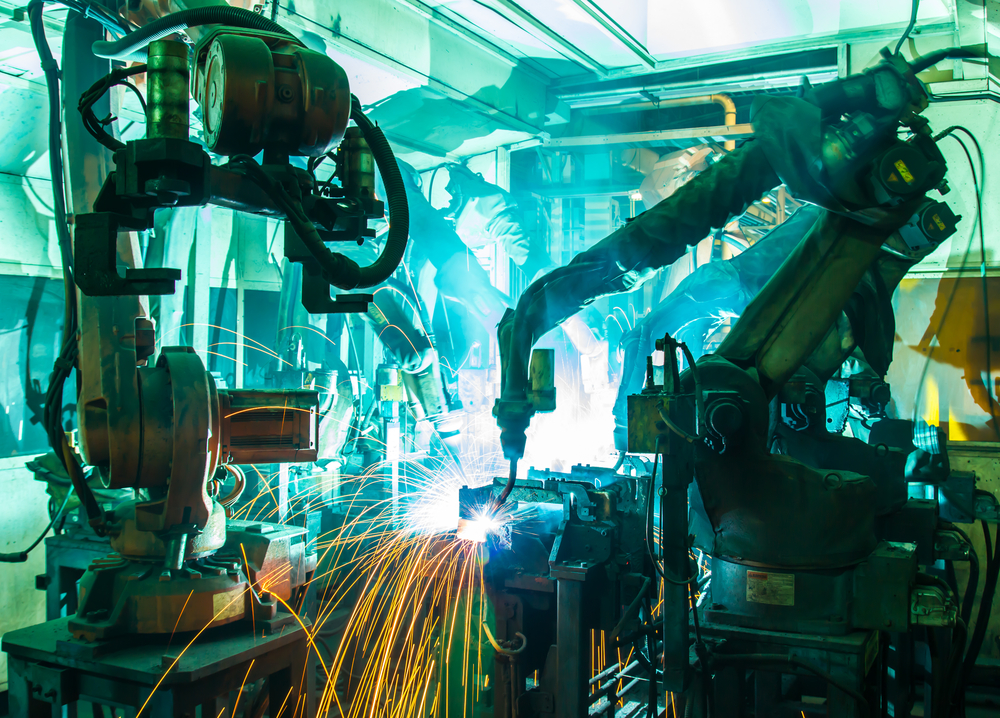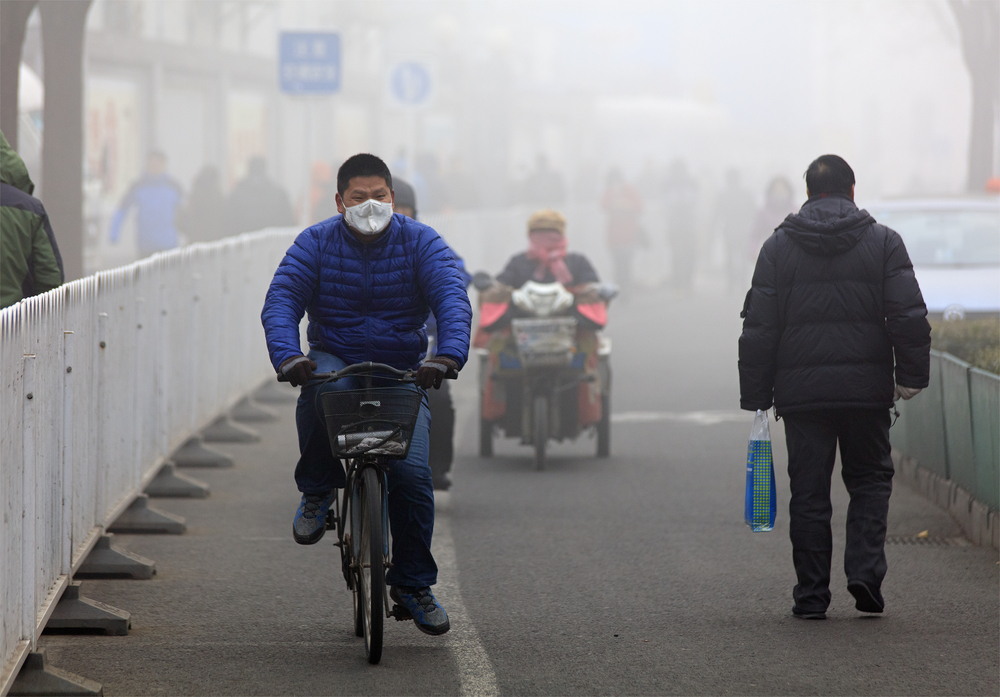Mike Barry, director of Plan A at Marks and Spencer, sees a more sustainable future taking shape despite the political upheaval
There are lots of people making predictions about 2017, many of them quite doleful, and who can blame them? There are many reasons to fear the next 12 months. But let’s look at things another way, let’s try and separate the true “signal” from the “noise” (and social media make a lot of that!). Let’s look at 2017 as a snapshot in time, rather than a discrete 12 months, separate from what went before and what will come. And on that basis let’s make a controversial call: the sustainability revolution has begun and, despite a rocky road ahead, is now irreversible. Big call, amongst today’s political upheaval, rising global inequality and a mounting climate crisis.
Then why so bullish? Here are five reasons a shift to a sustainable future will happen:
1. Technology From nanomaterials to robots, the much vaunted fourth industrial revolution has gone beyond a tipping point. In just 12 months it’s leapt from the tech journals to the mainstream, and from the lab to the marketplace. Plenty of money may be lost backing the wrong iteration but that’s just noise. What matters are two clear signals.

One is that with limited policy support and incentives, the marketplace has seized the opportunity of technology breakthrough to drive down costs and scale up the use of these technologies. Renewables, in particular, are not far off cost-parity with fossil generation. Driverless cars, battery storage, artificial intelligence and virtual reality are transforming markets.
Signal two is more cautionary: technologists should help policy makers play catch-up with their shiny new toys and build a strong, fit-for-purpose regulatory framework for these technologies now. A policy vacuum can look seductive when all you want to do is grow in the short term. But the short term is becoming ever shorter, and the headline “A robot stole my job” or “A driverless car killed my child”, ever closer. This framework should give confidence to users, makers and investors alike.
Whatever excitement we have today will be dwarfed in a decade, when we join these individual technologies to solve the true challenges we face, eg individual EVs becoming part of a smart grid, charging when demand is low, feeding power back into the grid when demand is high. Missteps today won’t stop this system revolution from happening but they could make it far harder, slower and more expensive than it need be.
2. Sector disruption is no longer happening to someone else, it’s happening to us all. Every economic sector is being transformed by the digital revolution. In the last 12 months, fintech (Blockchain, peer to peer) has turned from a passing interest in the finance sector to being a template of the future. Manufacturers like GE are re-inventing themselves (successfully), as software companies battle over who will be the IOS for the Internet of Things. Even airlines, one of the last holdouts of fossil-fuel dependency, has been dragged into a global emissions framework, that while undemanding today points to a new operating model in the future.
So which sector next? Food and wellbeing? From synthetic food to complex treatments, soon every sector will be locked into a Darwinian race for adaption and survival, forced to re-think its dependency on people, resources and technologies. Most will be more sustainable than today. Static, conservative sectors, locked into unsustainable models of consumption, must try something new, and fast!
3. Houston we have a (very visible) problem Social and environmental injustice is getting hard to ignore. There’s nothing like a picture to bring to life a scientific report. And when that picture is right here in your constituency affecting your voters, it’s increasingly hard to ignore. As the crises of climate, obesity, jobs, air pollution and oceans pitch up in everyday lives, new and old media alike take interest. No matter the story, the endpoint is the same: a general sense that the “system” ain’t working and something needs to be done to fix it.
China, in particular, even in a command and control economy, has been scorched by the human impact of air pollution and the risk of civil unrest. It still has a massive short-term risk to manage but it’s also got the sniff of opportunity as it sees the jobs and exports that can flow from green growth.

4. Re-booting capitalism We are at a particularly vulnerable point in the nascent switch from 20th century capitalism to a very much more sustainable 21st century version. Governments are bruised by the 2008 financial crash, the dash for austerity, citizen dissatisfaction with globalisation, global migration flows and economic slowdown. Overall they don’t feel hungry for creating a new approach, but focused on managing the here and now.
Re-booting capitalism will not come from caution. It needs an energy, optimism and can-do attitude that is not collectively there for policy makers. The willingness of businesses to step up for a sustainable future has been very important. Not just in terms of doing - buying renewable energy (thank you Google et al) championing equality - but also by saying these things matter.
5. Global balance The true challenge of building a sustainable future is getting to scale fast. We have many good examples of individual cities and companies using solutions, but the rate of adoption of these solutions is not fast enough. As much as the private sector and sub-national jurisdictions can be the current engine for innovation, eventually we’ll need countries, lots of them, to turn the unusual into the usual, through national infrastructure, fiscal and regulatory decisions. And just like businesses, the willingness to take a bold position, out there alone, will be restricted to the usual suspects (yes that’s you Costa Rica, Norway, the Netherlands, Bhutan).
But in the last 12 months we’ve shown we can develop global agreements – most famously COP21 and the UN SDGs – but also updating the Montreal Protocol to phase out HFCs, addressing aviation emissions and ocean protection. Of course the political events of 2016 are a very significant noise that unsettle this global consensus, but overall we are getting more comfortable with working together.
The road ahead may be rocky, with plenty more 2016 moments to unsettle us, but I believe we are now in a position as a sustainable business community (and of course so many other groups who care, from citizens to investors; policy makers to scientists; innovators to NGOs), to create the sustainable future we want. Not a single step will be easy, but it will happen.

